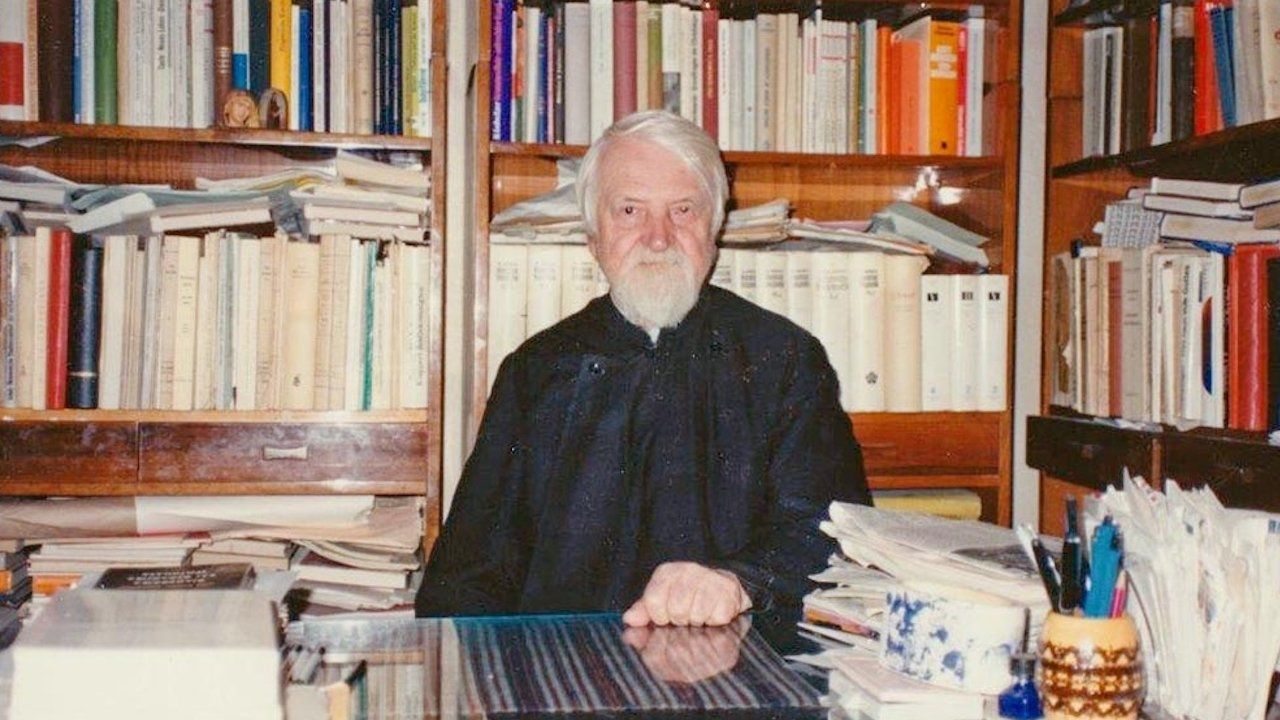THANKS TO A
conscience whose sensitivity has been nourished and refined by the sensitivity of God made man for men, a sensitivity in which they share, the saints can see into the most secret states of soul in others, and they avoid anything that could be a stumbling-block to them without, however, neglecting to help them triumph over their weaknesses and conquer their difficulties. Thus the saint is sought out as a confidant for the most intimate secrets. For he is able to discern in others a scarcely articulated need, the whole of their capacity to desire what is good. Thus he hastens to satisfy this desire and gives himself entirely to doing so. But he also discerns in others their impurities, even those they hide most skillfully. Then his compassion becomes purifying through the gentle strength of his own purity, and through the suffering caused him by the evil intentions of others or their perverse desires. This suffering remains with him always.
St Maximus the Confessor says that the saints have attained to a pure simplicity, because they have overcome in themselves all duality and pretense. They have passed beyond the struggle between soul and body, between good intentions and works performed, between deceitful appearances and hidden thoughts, between what they pretend to be and what they actually are. They have become simple because they have given themselves entirely to God. That is why they are able also to give themselves entirely to men in their relationships with them.
This humanity has been so overlaid by artificiality, by the desire to appear rather than to be, that when it reveals its true self it causes astonishment, as if it were something unnatural. The saint is the most courteous of men, yet at the same time, quite unintentionally he compels recognition. He overwhelms you by the grandeur of his purity and by the warmth of his goodness and consideration; he makes you ashamed of having such low standards, of having disfigured human nature in yourself, of being impure, artificial, full of duplicity and meanness. All this is highlighted by the comparison which you involuntarily make between yourself and him.
The saint has triumphed over time while living intensely within time. He has thus come to bear the closest resemblance to Christ, who is at once in the heavenly places, and always with us, bringing mighty things to pass. He bears Christ within himself with the invincible power of his love, for the salvation of men.
The saint shows us a human being purified from the dross of all that is less than human. In him we see a disfigured and brutalized humanity set to rights; a humanity whose restored transparency reveals the limitless goodness, the boundless power and compassion of its prototype—God incarnate. It is the image of the living and personal absolute Being who became man that is re-established in the person of the saint. By being so truly human, he has reached a dizzy height of perfection in God, while remaining completely at home with men. The saint is one who is engaged in ceaseless, free dialogue with God and with men. His transparency reveals the dawn of the divine eternal light in which human nature is to reach its fulfillment. He is the complete reflection of the humanity of Christ.
~Fr Dumitru Staniloae, Prayer and Holiness










